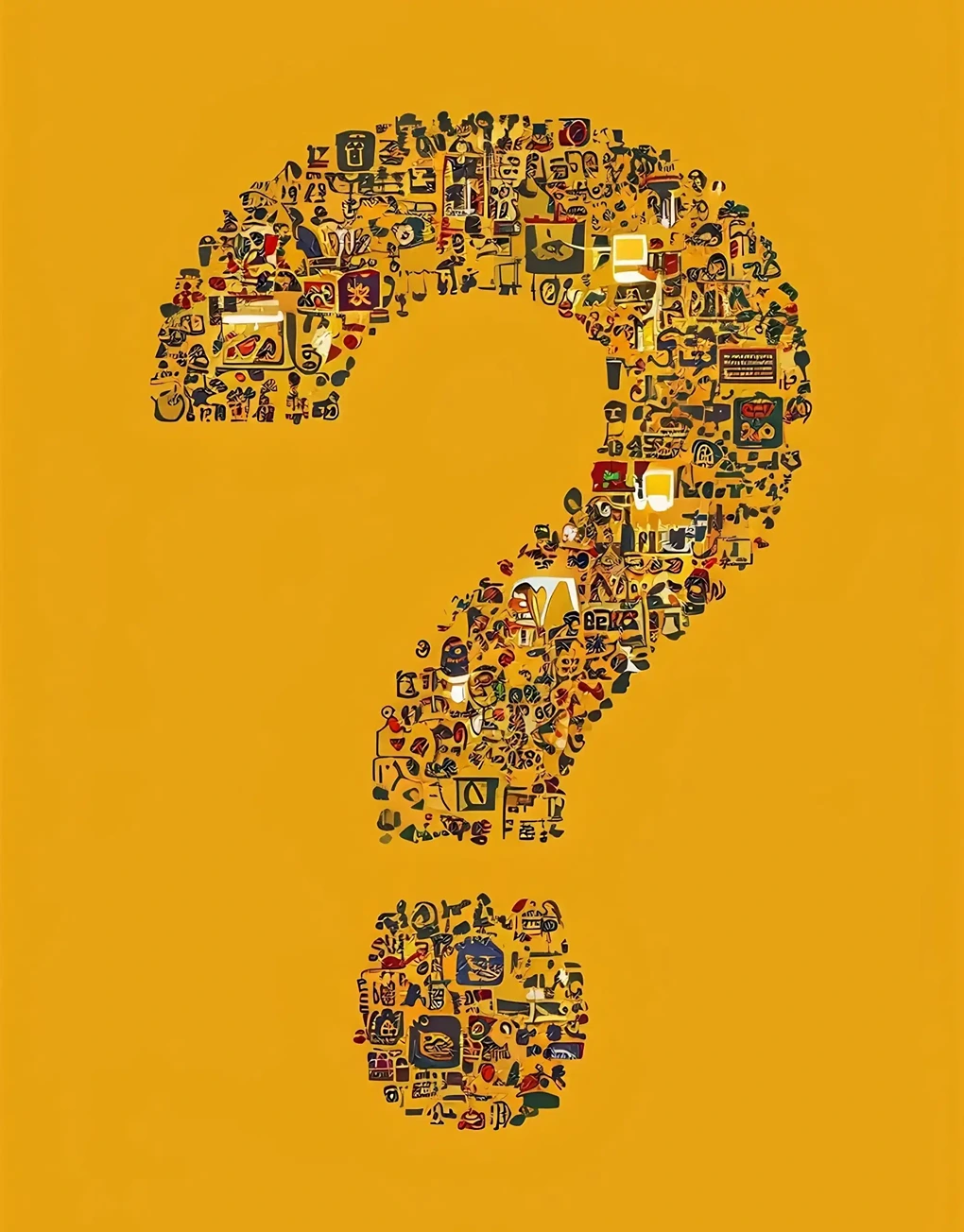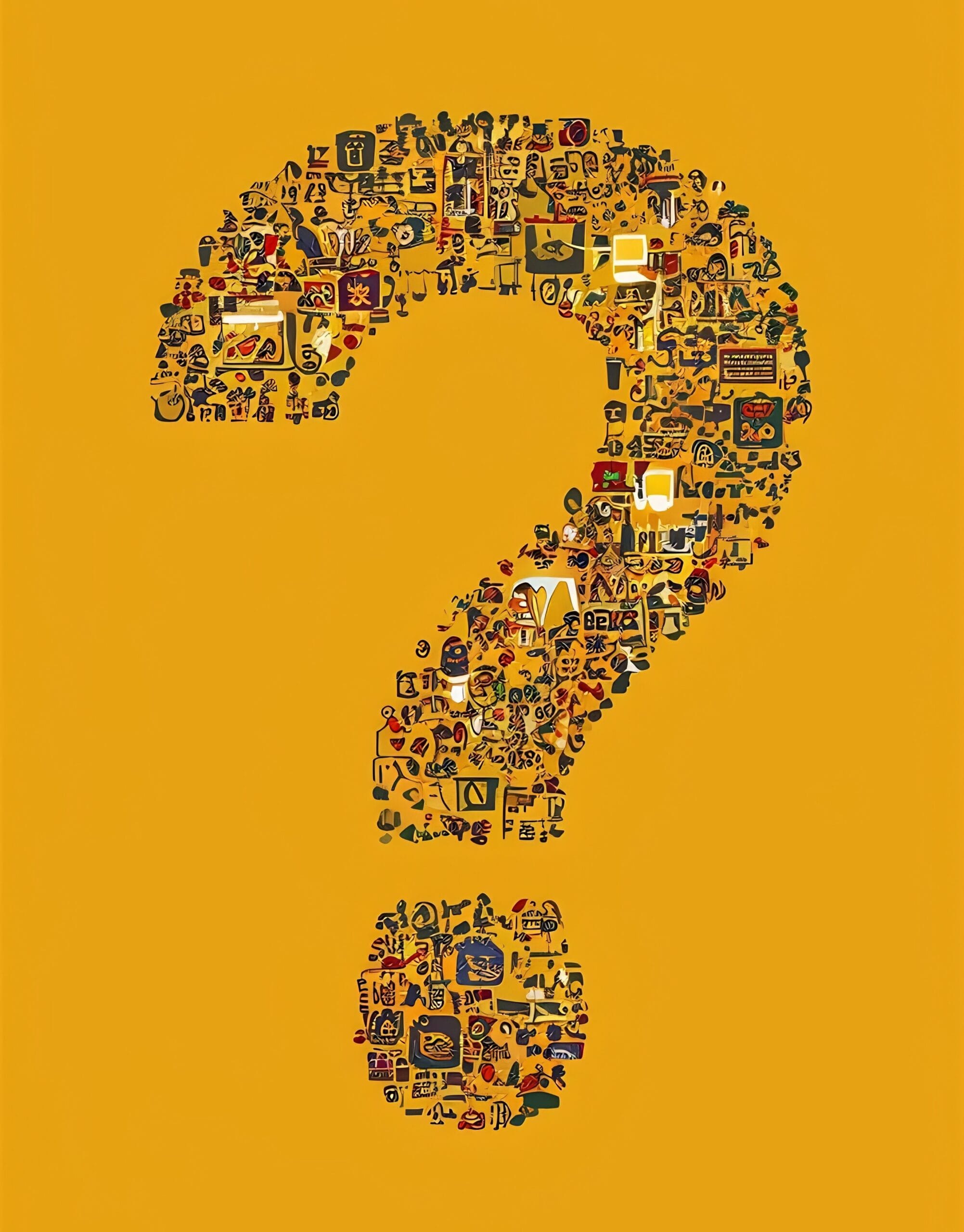FAQ
-
What is blockchain technology, and why is it essential for businesses in Saudi Arabia?
Blockchain is a decentralized ledger that records transactions securely and transparently. In Saudi Arabia, blockchain is vital for improving operational efficiency, enhancing security, and achieving compliance with local regulations.
-
How does blockchain help with compliance in Saudi Arabia?
Blockchain’s immutable and transparent nature ensures compliance with regulations by providing a verifiable record of transactions. Blockchain Solutions offers tailored solutions to meet local legal requirements.
-
What industries can benefit most from blockchain technology?
Finance, healthcare, supply chain, gaming, and real estate are key industries leveraging blockchain for transparency, security, and efficiency.
-
How can Web3 technology transform businesses in Saudi Arabia?
Web3 drives decentralization, enhancing security, user control, and scalability. Businesses can use Web3 to create dApps, NFT platforms, and secure wallets.
-
What is the role of blockchain in Saudi Vision 2030?
Blockchain supports Vision 2030 by enabling innovation, transparency, and digital transformation across industries like healthcare and finance.
-
What services does Blockchain Solutions offer?
Blockchain Solutions provides strategy consulting, smart contract development, NFT platform creation, and compliance advisory tailored to Saudi Arabia’s needs.
-
How do I get started with a blockchain project?
Contact Blockchain Solutions for a consultation. We assess your business goals, design strategies, and ensure compliance.
-
What is tokenization, and why is it important?
Tokenization converts physical or digital assets into blockchain-based tokens, enhancing liquidity, security, and access to global markets.
-
How secure is blockchain technology?
Blockchain is highly secure due to its decentralized nature, cryptographic protections, and transparent operations. Smart contracts and audits further enhance its security.
-
What are smart contracts, and how do they work?
Smart contracts are self-executing agreements encoded on the blockchain, ensuring automation and reducing human error.
-
What is Web3?
Web3, often referred to as the decentralized web, represents the third generation of internet services focused on decentralization, user ownership, and enhanced privacy. It leverages blockchain technology to enable peer-to-peer interactions without intermediaries.
-
How does Web3 differ from Web2?
While Web2 is characterized by centralized platforms where data is controlled by a few major entities, Web3 shifts towards decentralization, giving users control over their data and digital identities. This transition aims to create a more transparent and equitable internet.
-
What role do cryptocurrencies play in Web3?
Cryptocurrencies serve as the financial backbone of Web3, facilitating transactions within decentralized networks. They enable new forms of digital ownership and value exchange, integral to the functioning of various Web3 applications.
-
What are smart contracts and their significance in Web3?
Smart contracts are self-executing agreements coded on the blockchain that automatically enforce terms and conditions. They reduce the need for intermediaries, streamline processes, and are fundamental to many Web3 applications, including decentralized finance (DeFi) platforms.
-
What are NFTs and their role in Web3?
Non-Fungible Tokens (NFTs) are unique digital assets verified on the blockchain, representing ownership of a specific item or piece of content. In Web3, NFTs enable new forms of digital ownership and monetization, particularly in areas like art, music, and gaming.
-
How does blockchain work?
A blockchain consists of a series of blocks, each containing a list of transactions. When a new transaction occurs, it is grouped with others into a block. This block is then added to the chain in a linear, chronological order, creating an immutable record of all transactions.
-
What are the different types of blockchains?
Public Blockchains: Open to anyone; examples include Bitcoin and Ethereum. Private Blockchains: Restricted access, typically used within organizations. Consortium Blockchains: Controlled by a group of organizations, balancing openness and privacy.
-
What is a smart contract?
A smart contract is a self-executing contract with the terms directly written into code. It automatically enforces and executes actions when predefined conditions are met, reducing the need for intermediaries.
-
Can blockchain be hacked?
While blockchain's design makes it highly secure, no system is entirely immune to attacks. Potential vulnerabilities can arise from poor implementation, human error, or external factors. However, altering the blockchain itself is extremely difficult due to its decentralized and encrypted nature.

-
What is the difference between public and private blockchains?
Public blockchains are open to all users, while private blockchains restrict access, providing greater control and security for enterprises.
-
How do dApps differ from traditional applications?
dApps operate on decentralized networks, offering improved security, transparency, and user ownership compared to centralized applications.
-
What is a DAO, and how does it function?
A Decentralized Autonomous Organization (DAO) is a blockchain-based entity governed by code and community voting, eliminating central authority.
-
How can businesses ensure smart contract security?
Smart contract audits detect vulnerabilities, ensuring secure and reliable operations. Blockchain Solutions provides thorough audit services.
-
What is cross-chain interoperability in blockchain?
Cross-chain interoperability allows different blockchain networks to interact and share data, enabling seamless operations across ecosystems.
-
How does blockchain improve data privacy?
Blockchain ensures data privacy by encrypting sensitive information and granting access only to authorized users through decentralized controls.
-
What are Layer-2 solutions in blockchain?
Layer-2 solutions improve blockchain scalability by processing transactions off-chain while retaining the main chain’s security and transparency.
-
How are NFTs created on the blockchain?
NFTs are minted through smart contracts that define their unique properties and ownership details, making them non-fungible.
-
How does blockchain enhance supply chain management?
Blockchain tracks products in real-time, ensuring transparency, authenticity, and efficiency across the supply chain.
-
What is gamification in blockchain applications?
Gamification uses blockchain to reward users with tokens or NFTs, enhancing engagement in gaming and non-gaming applications.

-
How is the cost of a blockchain project determined?
The cost depends on factors like project scope, technology stack, and integration requirements. Blockchain Solutions offers flexible pricing models.
-
Do you offer fixed-price or hourly billing for blockchain development?
Yes, Blockchain Solutions provides both fixed-price and hourly billing options, depending on the project requirements.
-
Are there additional costs for maintenance and updates?
Ongoing support, updates, and maintenance may incur additional costs. These services are customizable to your needs.
-
Do you offer discounts for startups in Saudi Arabia?
Special pricing or discounts may be available for startups. Contact Blockchain Solutions to discuss your project.
-
What is the typical timeline for a blockchain project?
Project timelines vary based on complexity but typically range from weeks to months. A detailed estimate is provided during consultation.

-
How do I initiate a consultation with Blockchain Solutions?
Visit our website or contact us directly to schedule a consultation. Our experts will discuss your goals and outline a strategy.
-
What do I need to prepare before starting a blockchain project?
Have clear business goals, a budget, and a general understanding of your industry’s needs. Our team will guide you through the rest.
-
Can Blockchain Solutions help with pilot blockchain projects?
Yes, we specialize in proof-of-concept (PoC) and pilot projects to test blockchain applications before full-scale implementation.
-
Does Blockchain Solutions provide training for teams new to blockchain?
Yes, we offer tailored training and workshops to help your team understand blockchain technology, its applications, and how to use it effectively in your business operations. This ensures a smooth adoption process and empowers your team for long-term success.
-
How can you help someone completely new to blockchain get started?
Blockchain Solutions specializes in assisting businesses at every stage, including those new to blockchain technology. From understanding the basics to developing and deploying tailored solutions, our experts provide step-by-step guidance to ensure a seamless transition into the blockchain ecosystem.
